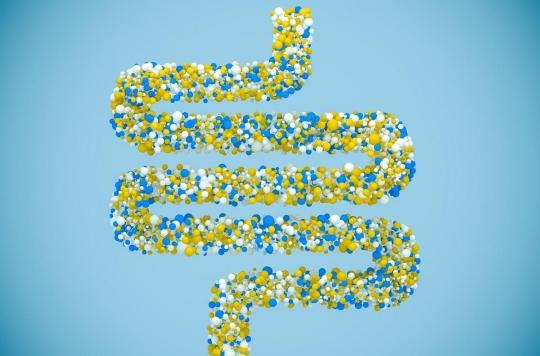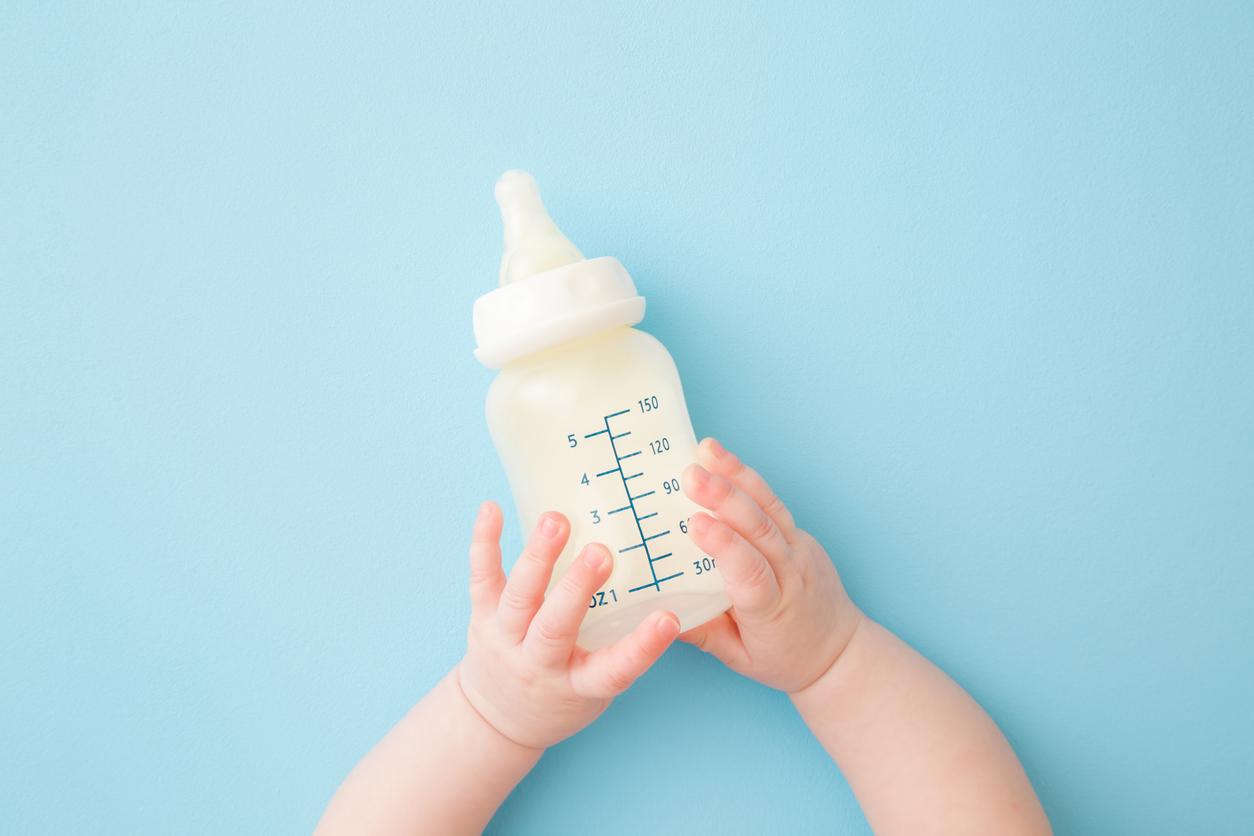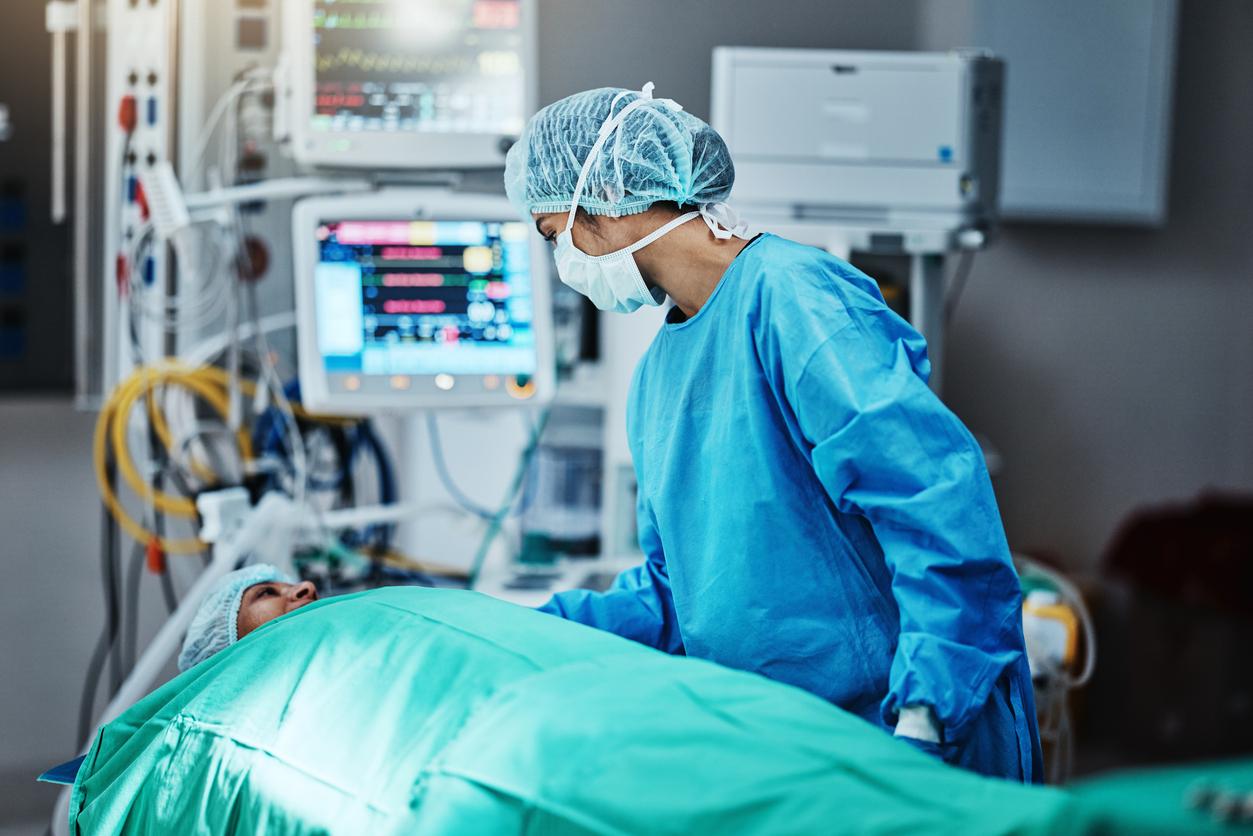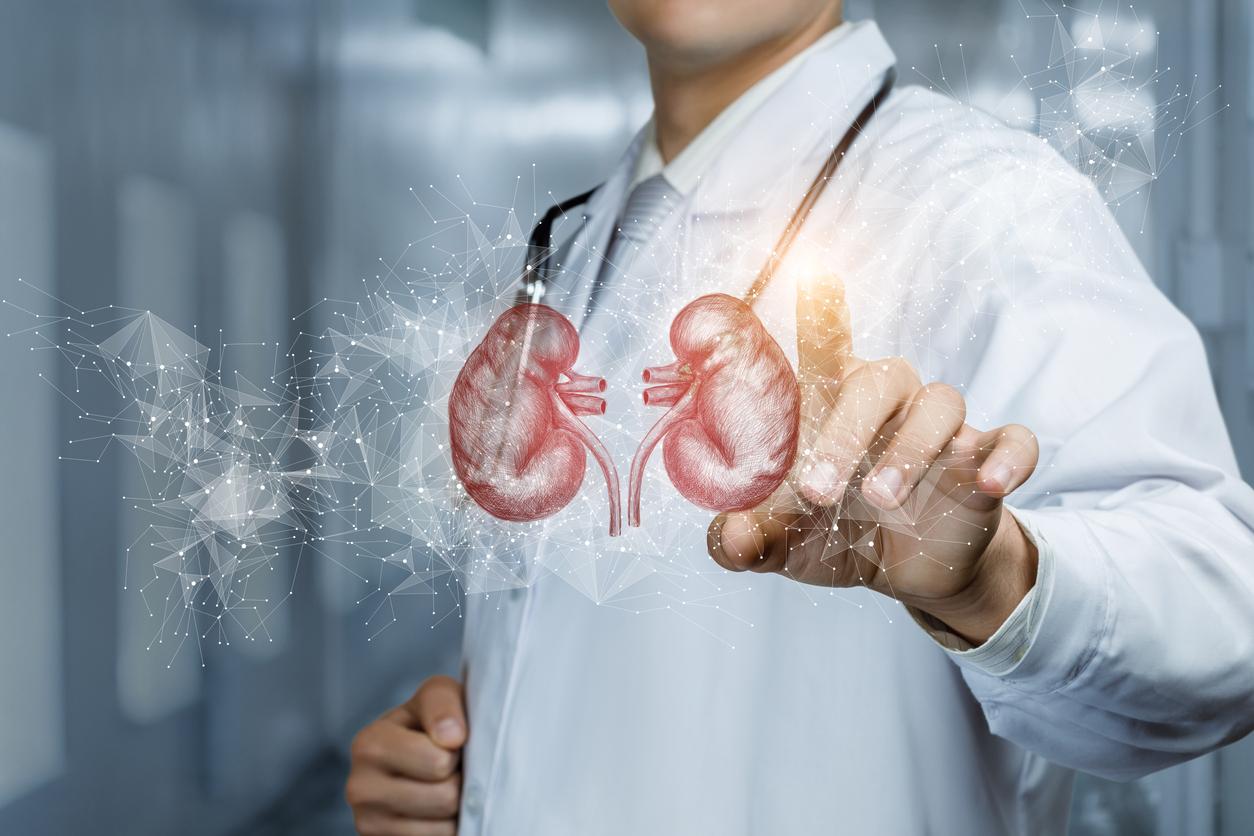Certain microorganisms and bacteria of the microbiota are involved in the regulation of serotonin, necessary for maintaining a good sleep/wake cycle.

- The bacteria in our microbiota regulate our production of serotonin.
- Without them, our body cannot synthesize enough of them, which affects REM sleep, the most important phase.
- Serotonin is the hormone responsible for the circadian cycle, which tells us when to sleep and when to stay awake.
Sleep is a complex process. Due to the rhythm of our life, this essential phase for our body is often disrupted. However, it is during sleep that our organism is regenerated, that our memory fixes memories and that we rearm ourselves to better face a new day. Researchers from the University of Tsukuba (Japan) have discovered that our sleep also depends on the bacteria and microorganisms present in our digestive system, because they are the ones that regulate serotonin, necessary for maintaining a good circadian cycle. Their findings were published in the journal Scientific Reports November 11, 2020.
The interest of the microorganisms of our microbiota
To clarify the phenomenon, the researchers gave antibiotics to mice for four weeks. If we know the role of antibiotics in the defense of our body, they can also eliminate certain bacteria present in our digestive tract, thus weakening the microbiota.
The researchers then compared the intestinal contents of mice that no longer harbored these microorganisms with that of control mice fed in the same way. During digestion, food is broken down and transformed into metabolites, small molecules. “We found more than 200 metabolite differences between groups of mice. About 60 normal metabolites were missing in mice lacking these microorganisms, and some varied in amount, sometimes more, sometimes less, compared to those in control mice,” according to Masashi Yanagisawa, a professor at the University of Tsukuba.
Once this observation was established, the researchers sought to understand what these metabolites were used for. By analyzing the enrichment of all metabolites, they discovered that the biological pathways most affected by antibiotic treatment were those involved in the production of neurotransmitters. Thus, the tryptophan-serotonin pathway was almost blocked in microbiota-depleted mice. This suggests that without certain gut microorganisms, the mice could not produce serotonin from the tryptophan they ingested. Likewise, these mice were deficient in metabolites of vitamin B6, which accelerate the production of serotonin and dopamine.
Serotonin, a sleep regulator
Finally, electroencephalograms were performed on mice to observe their brain activity during sleep. REM sleep was more disturbed in microbiota-deficient rodents than in control mice. REM sleep was more common during the day and at night, while non-REM sleep was more common during the day. In other words, mice lacking healthy microbiota alternated more frequently between sleep and wakefulness than their counterparts.
“We found that depletion of microbes eliminates serotonin in the gut, and we know that serotonin levels in the brain can affect sleep/wake cycles,” concluded Masashi Yanagisawa. Therefore, altering gut microbes through dietary changes may help those with sleep disturbances.”

















